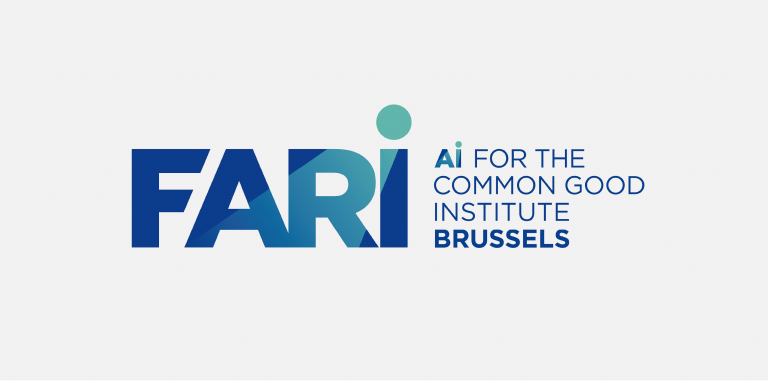
FARI, the Brussels Institute for Artificial Intelligence, set up last year as part of the recovery plan, aims to connect AI experts, citizens, businesses and local organizations. The Minister of Digital Transition, Bernard Clerfayt, has just awarded it four projects. This first mission entrusted to FARI aims above all to improve public services in the Belgian capital.
FARI, the “Institute of Artificial Intelligence for the Common Good”, brings together more than 300 researchers in AI and related disciplines to work on projects that can benefit the general interest. It promotes research on trustworthy, transparent and explainable artificial intelligence and aims to help the Brussels-Capital Region and its inhabitants meet the challenges they face in various fields.
The collaboration between FARI researchers and the Region is already giving rise to concrete achievements, at the service of the people of Brussels. Bernard Clerfayt, Brussels’ Minister for Digital Transition, announced the implementation of 4 projects and stated:
“The Region must take ownership of artificial intelligence if it wants to take advantage of this technology for the benefit of its citizens. On the one hand, public administrations will be able to rely on the scientific and technological knowledge of our recognized researchers. On the other hand, they will be able to deploy the full potential of their research to improve our public services.”
The first mission entrusted to FARI by the Brussels Region is to improve public services in Brussels. Technology must be at the service of public policy. That’s why the first four pilot projects conducted by FARI and its multidisciplinary team concern issues addressed by the minister.
Employment: improving matching
Matching job offers and demands can be problematic, with job seekers sometimes being offered inappropriate jobs. Matching is a technique that allows candidates and recruiters to be put in touch with each other thanks to an algorithm. Launched last October, the pilot project initiated by FARI in collaboration with Actiris, a regional organization in charge of employment policy in the Brussels-Capital Region, aims to study the current matching solution, improve it and make recommendations for a simpler and more efficient tool.
Sale of animals
There are many advertisements on the internet for the sale of animals. Some of them may have been posted by animal trafficking networks. The pilot project therefore aims to identify illegal ads on the Internet more quickly and ensure the necessary follow-up.
Test of administrative simplification
As part of the Brussels administrative simplification plan, this test will allow all new legislation to be subjected to a “User Experience” analysis. This is an essential step to ensure that the impact on the user is as low as possible and to reduce the administrative burden on the citizen.
Brussels strategy
In order to provide a framework for development, to guarantee the coherence of projects, and also to rely on a mutualization of knowledge, FARI and the CIRB (Centre d’Informatique pour la Région Bruxelloise) will propose a roadmap for the development of artificial intelligence in the Brussels Region.
Bernard Clerfayt concludes:
“This new collaboration between the Brussels public administrations and researchers from the academic world is quite interesting and allows these two worlds to enrich each other. The public administrations will be able to rely on the scientific and technological knowledge of our recognized researchers. And the latter will be able to deploy the full potential of their research to improve our public services.”
Translated from Bruxelles : Améliorer les services publics grâce à l’IA et FARI









